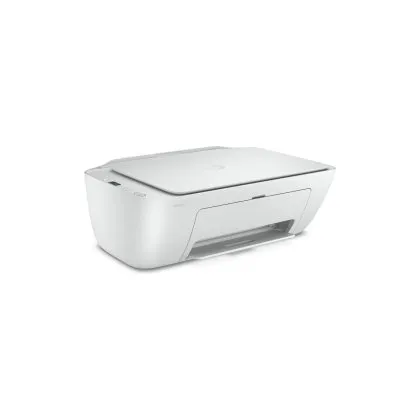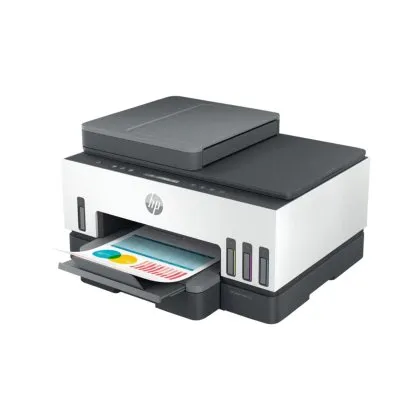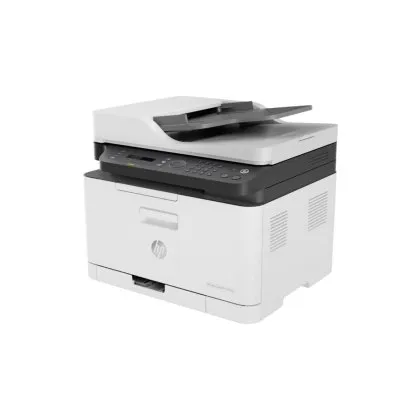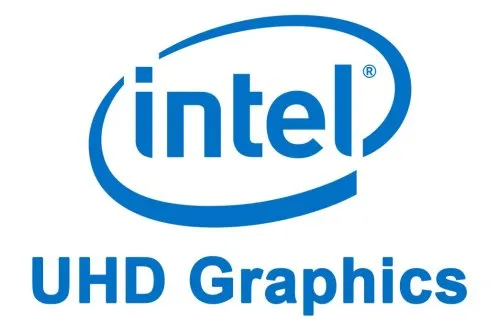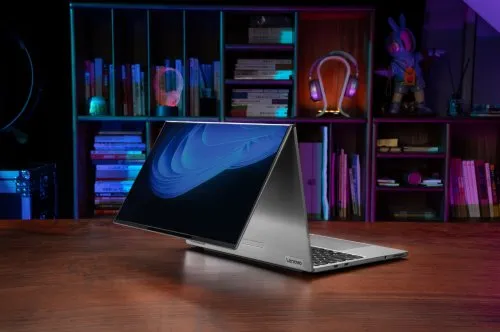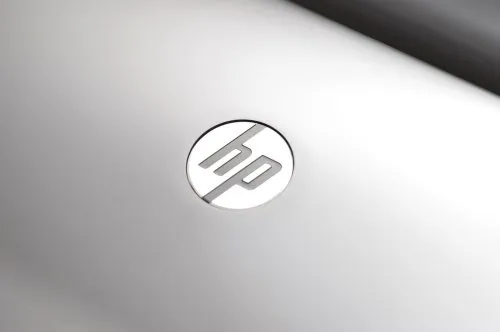What is a Central Processing Unit (CPU)?
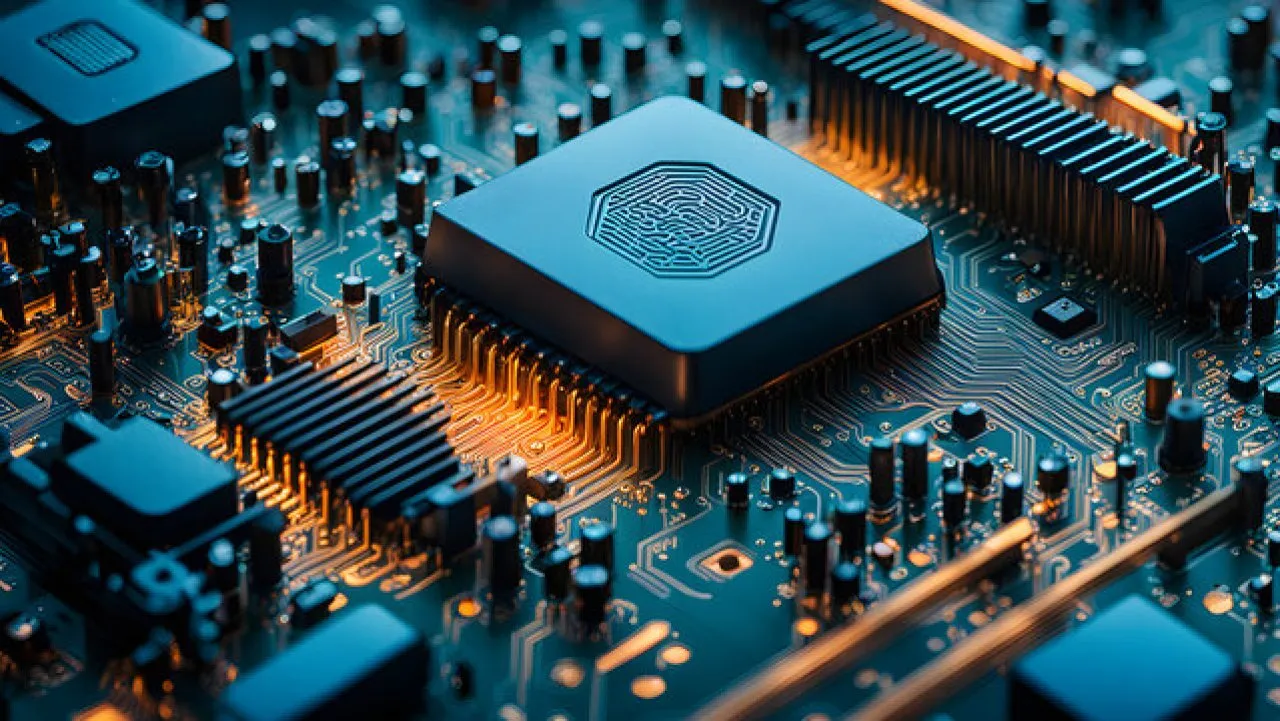
What is a Central Processing Unit (CPU)?
Think of your computer as a busy office, with everyone in the building working on different tasks. The Central Processing Unit (CPU) is the office manager—it's in charge of overseeing and directing all activities, making sure everything runs smoothly. In technical terms, the CPU is the heart of your computer, responsible for executing instructions that allow your system to function, from opening apps to browsing the web.
What Does the CPU Actually Do?
At its core, the CPU takes the instructions from your software (like the web browser or game you’re using) and makes sure they’re carried out. Here’s how it works:
- Fetching: The CPU looks for the next instruction it needs to carry out, sort of like checking the to-do list.
- Decoding: It then figures out what the instruction means, like reading a task and deciding how to approach it.
- Executing: Once the task is clear, the CPU does the actual work—whether it's performing a calculation, moving data around, or sending instructions to other parts of the system.
- Storing: After the task is done, the CPU stores the results or sends them to where they’re needed.
It’s a constant cycle of reading instructions, figuring them out, and carrying them out—quickly and efficiently.
The Inner Workings of the CPU
To make all this happen, the CPU is made up of several important parts:
- Control Unit (CU): This is the traffic cop, directing data where it needs to go and making sure everything stays on track.
- Arithmetic Logic Unit (ALU): Think of the ALU as the problem solver. It handles all the math and logic that the CPU needs to do.
- Registers: These are small but fast storage spots that hold data temporarily so the CPU can access it quickly.
- Cache: A special, super-speedy memory located inside or near the CPU that keeps frequently used data close by, helping the CPU work faster.
What Are Cores and Why Do They Matter?
These days, most CPUs have multiple cores, which are like having several office managers instead of just one. A dual-core processor has two managers, a quad-core has four, and so on. More cores mean the CPU can juggle more tasks at once, making your computer faster at multitasking. So, if you're running several apps or doing complex tasks like video editing, more cores can make a big difference.
The CPU’s clock speed, measured in gigahertz (GHz), tells you how quickly it can process instructions. A higher GHz number generally means faster performance, but keep in mind that the number of cores and the architecture of the CPU also play a big role in overall speed.
Why Does the CPU Matter?
The CPU is the unsung hero of your computer. It’s responsible for turning all of your commands into actions, whether you’re checking email, editing photos, or streaming a movie. If your CPU is slow or outdated, everything else—your apps, games, and programs—will feel sluggish. But a powerful CPU can speed up your entire experience, making everything from gaming to work tasks run much more smoothly.
Conclusion
The CPU is the brain of your computer, and without it, nothing would happen. It processes everything that’s going on inside your system, from simple tasks to more complex computations. So, when you’re thinking about upgrading your computer or buying a new one, the CPU should be at the top of your list—after all, it’s what makes your entire system come to life.
 English
English Arabic
Arabic